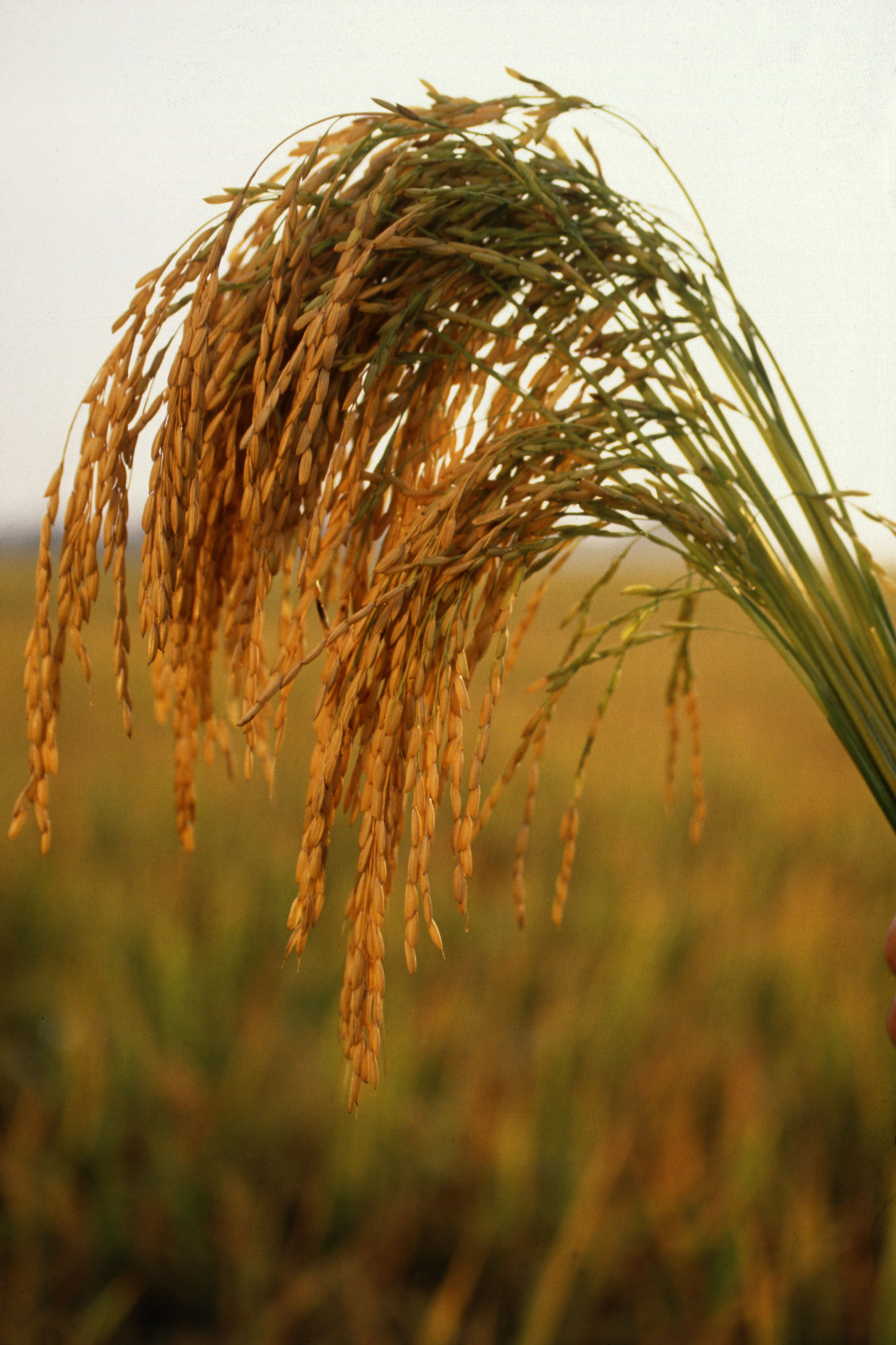Good news for rice this week as researchers have located the gene responsible for protecting it from fungal attack. Publishing in the journal Science, a team from Japan have identified one of the key protecting elements against a disease called blast. Blast is a type of fungus which causes massive problems in rice production. Just to quote some figures: Magnaporthe grisea affects rice in at least 85 countries across the globe and is thought to annually destroy enough rice to feed 60 million people.
 Well the blast-resistant gene is already naturally found in some species of rice, specifically japonica rice. It's called Pi21 and it makes a protein that can bind to heavy metals. The team, led by Shuichi Fukuoka, tested two lines of rice plants: One with the pi21 gene and one without. They found that in the plant with pi21 the fungal hyphae (these are the cells that branch out as the fungus progresses through the plant) could not grow into neighbouring cells. And they think that genes which make proteins that can then bind to heavy metals are really important in protecting the plant from fungal invaders.
Well the blast-resistant gene is already naturally found in some species of rice, specifically japonica rice. It's called Pi21 and it makes a protein that can bind to heavy metals. The team, led by Shuichi Fukuoka, tested two lines of rice plants: One with the pi21 gene and one without. They found that in the plant with pi21 the fungal hyphae (these are the cells that branch out as the fungus progresses through the plant) could not grow into neighbouring cells. And they think that genes which make proteins that can then bind to heavy metals are really important in protecting the plant from fungal invaders.
The researchers aren't sure exactly what's happening at the molecular level just yet and, unlike the protective proteins we talked about earlier this gene doesn't stop the fungus from growing in host cells to start with. The gene only seems to stop the fungus from growing out of its host cell. But what's really special is that this gene can be cloned and bred into other species of rice. So potentially any other types of rice can benefit from this fungal resistance.










Comments
Add a comment